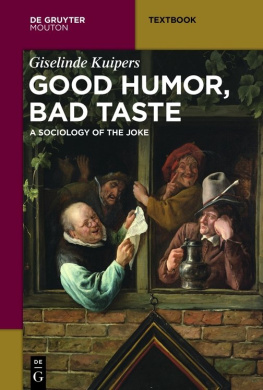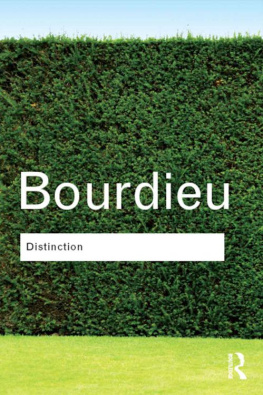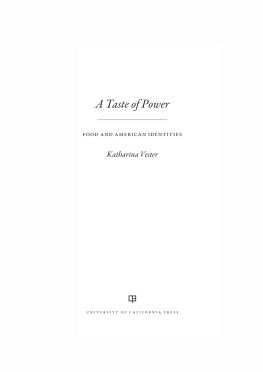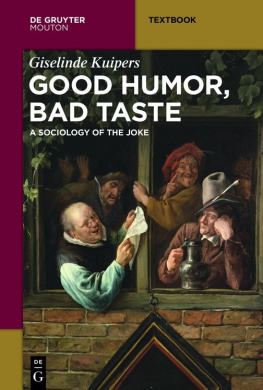Malcolm Quinn - The Persistence of Taste: Art, Museums and Everyday Life after Bourdieu
Here you can read online Malcolm Quinn - The Persistence of Taste: Art, Museums and Everyday Life after Bourdieu full text of the book (entire story) in english for free. Download pdf and epub, get meaning, cover and reviews about this ebook. year: 2018, publisher: Routledge, genre: Art. Description of the work, (preface) as well as reviews are available. Best literature library LitArk.com created for fans of good reading and offers a wide selection of genres:
Romance novel
Science fiction
Adventure
Detective
Science
History
Home and family
Prose
Art
Politics
Computer
Non-fiction
Religion
Business
Children
Humor
Choose a favorite category and find really read worthwhile books. Enjoy immersion in the world of imagination, feel the emotions of the characters or learn something new for yourself, make an fascinating discovery.

- Book:The Persistence of Taste: Art, Museums and Everyday Life after Bourdieu
- Author:
- Publisher:Routledge
- Genre:
- Year:2018
- Rating:3 / 5
- Favourites:Add to favourites
- Your mark:
The Persistence of Taste: Art, Museums and Everyday Life after Bourdieu: summary, description and annotation
We offer to read an annotation, description, summary or preface (depends on what the author of the book "The Persistence of Taste: Art, Museums and Everyday Life after Bourdieu" wrote himself). If you haven't found the necessary information about the book — write in the comments, we will try to find it.
This book offers an interdisciplinary analysis of the social practice of taste in the wake of Pierre Bourdieus sociology of taste. For the first time, this book unites sociologists and other social scientists with artists and curators, art theorists and art educators, and art, design and cultural historians who engage with the practice of taste as it relates to encounters with art, cultural institutions and the practices of everyday life, in national and transnational contexts.
The volume is divided into four sections. The first section on Taste and art, shows how art practice was drawn into the sphere of good taste, contrasting this with a post-conceptualist critique that offers a challenge to the social functions of good taste through an encounter with art. The next section on Taste making and the museum examines the challenges and changing social, political and organisational dynamics propelling museums beyond the terms of a supposedly universal institution and language of taste. The third section of the book, Taste after Bourdieu in Japan offers a case study of the challenges to the cross-cultural transmission and local reproduction of good taste, exemplified by the complex cultural context of Japan. The final section on Taste, the home and everyday life juxtaposes the analysis of the reproduction of inequality and alienation through taste, with arguments on how the legacy of ideas of good taste have extended the possibilities of experience and sharpened our consciousness of identity.
As the first book to bring together arts practitioners and theorists with sociologists and other social scientists to examine the legacy and continuing validity of Pierre Bourdieus sociology of taste, this publication engages with the opportunities and problems involved in understanding the social value and the cultural dispositions of taste after Bourdieu. It does so at a moment when the practice of taste is being radically changed by the global expansion of cultural choices, and the emergence of deploying impersonal algorithms as solutions to cultural and creative decision-making.
Malcolm Quinn: author's other books
Who wrote The Persistence of Taste: Art, Museums and Everyday Life after Bourdieu? Find out the surname, the name of the author of the book and a list of all author's works by series.








